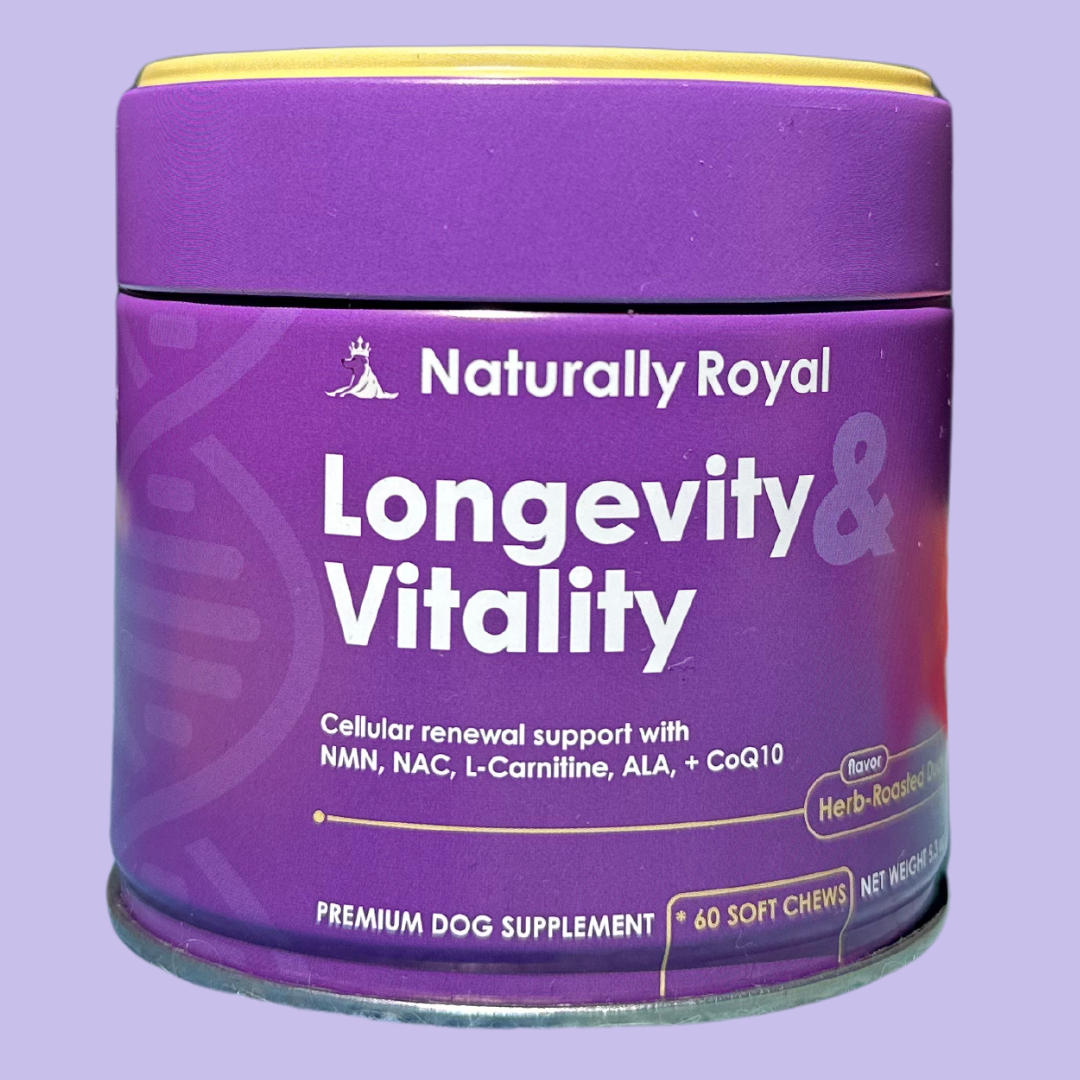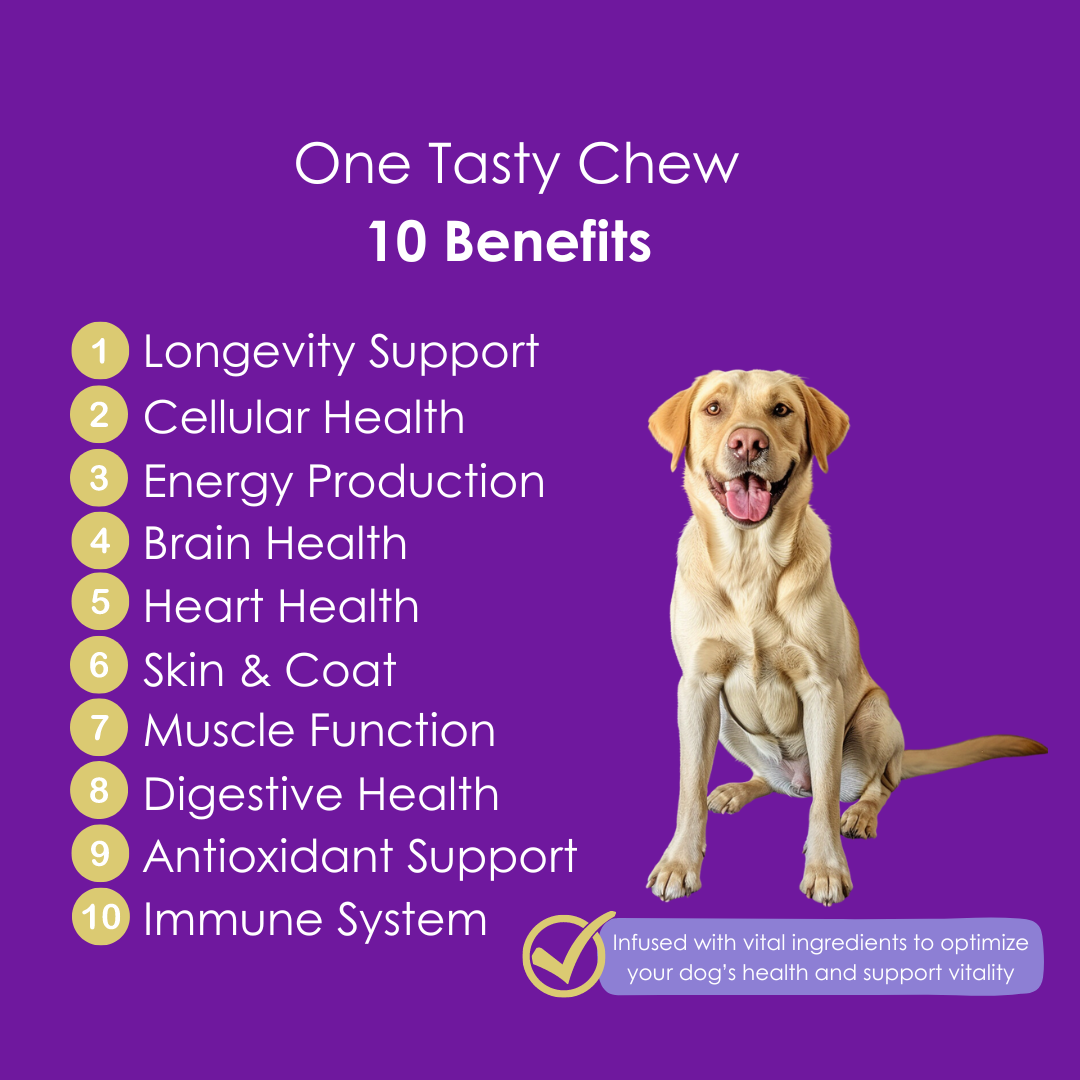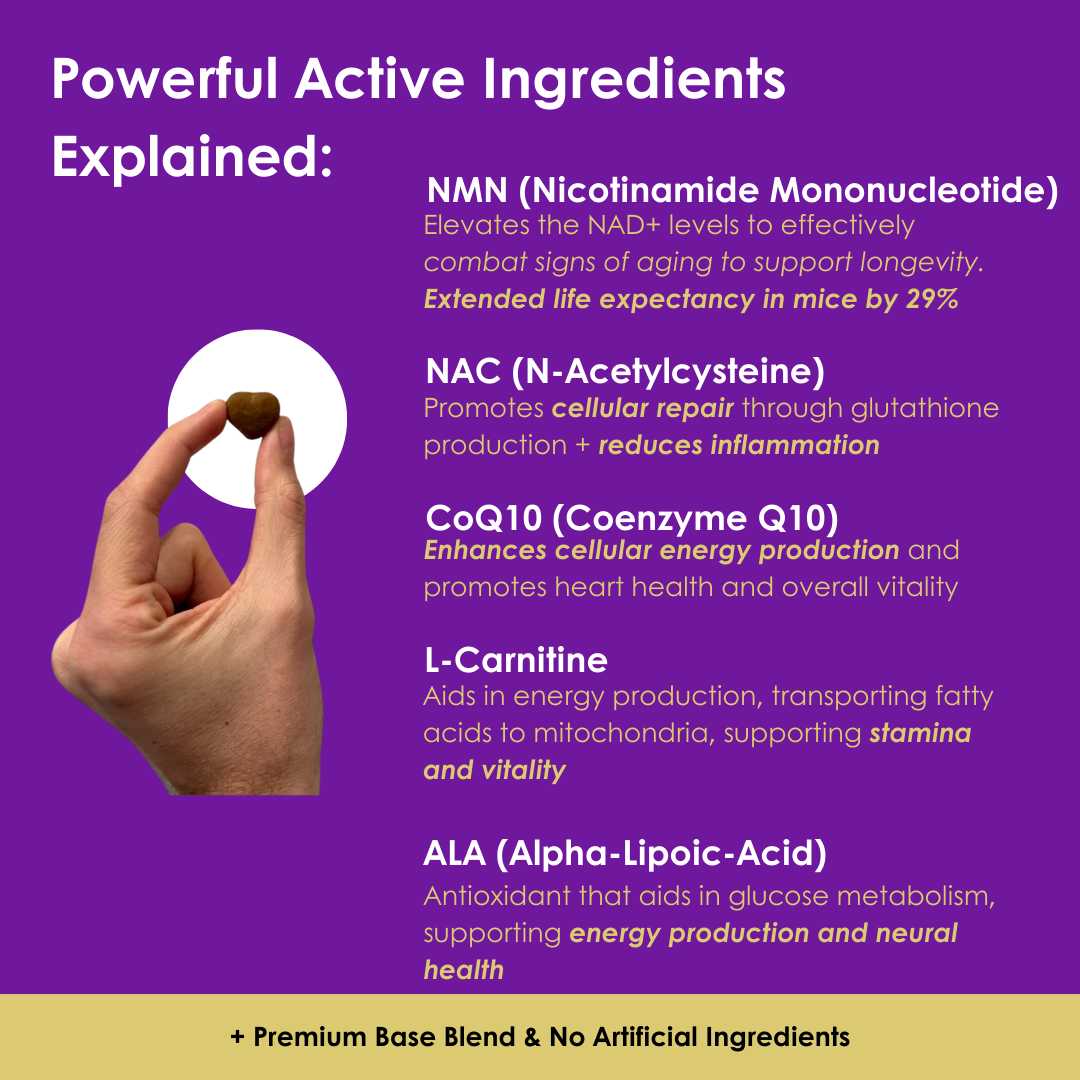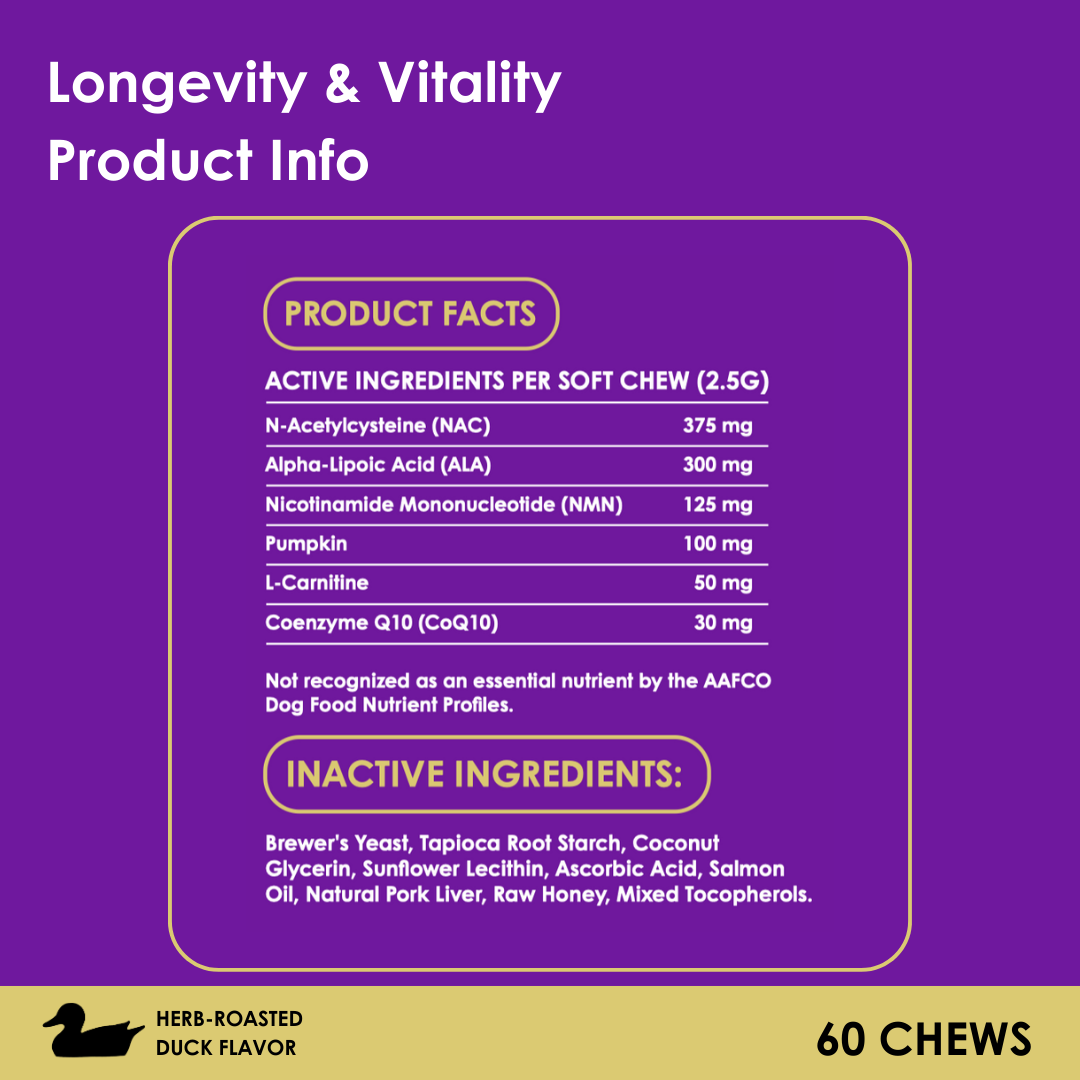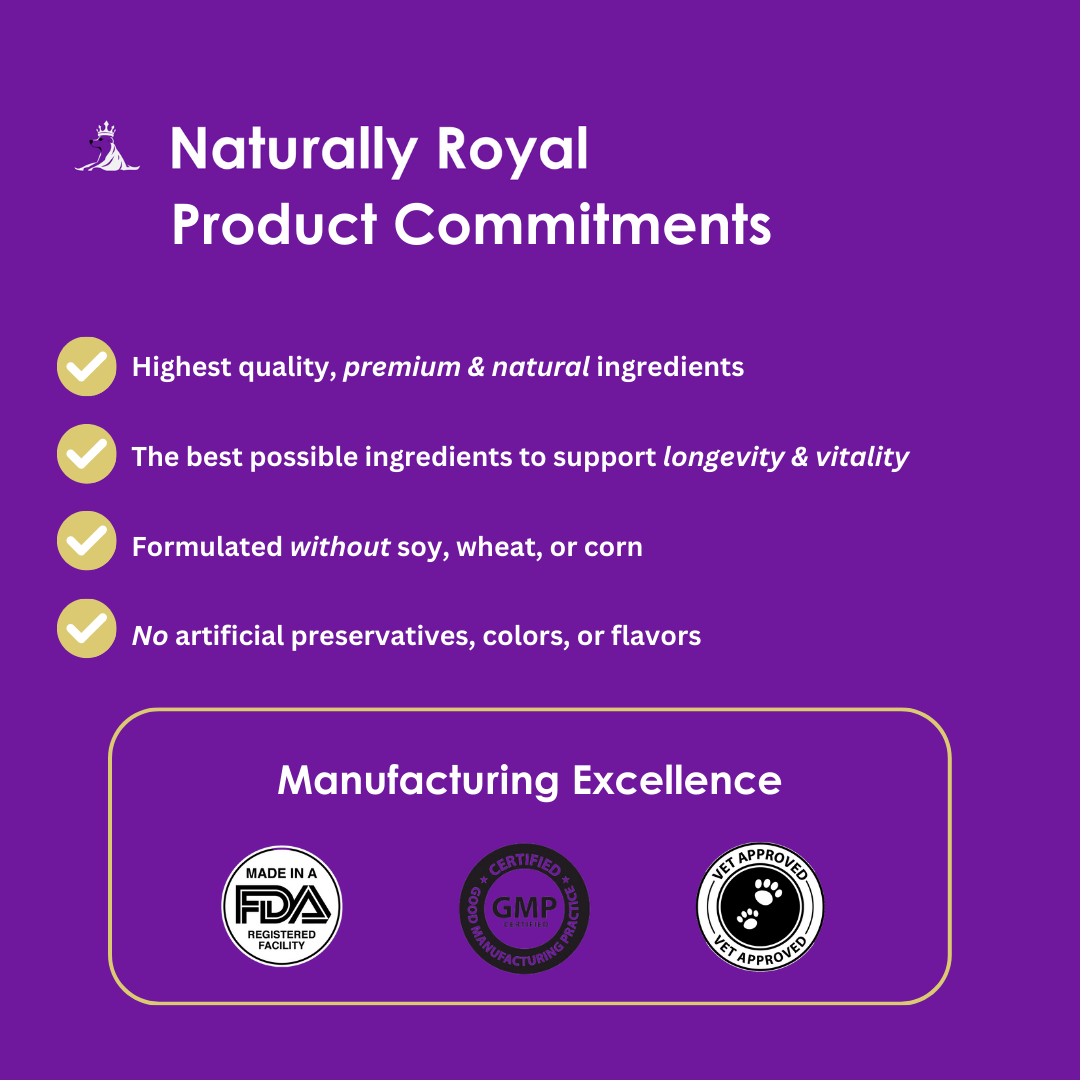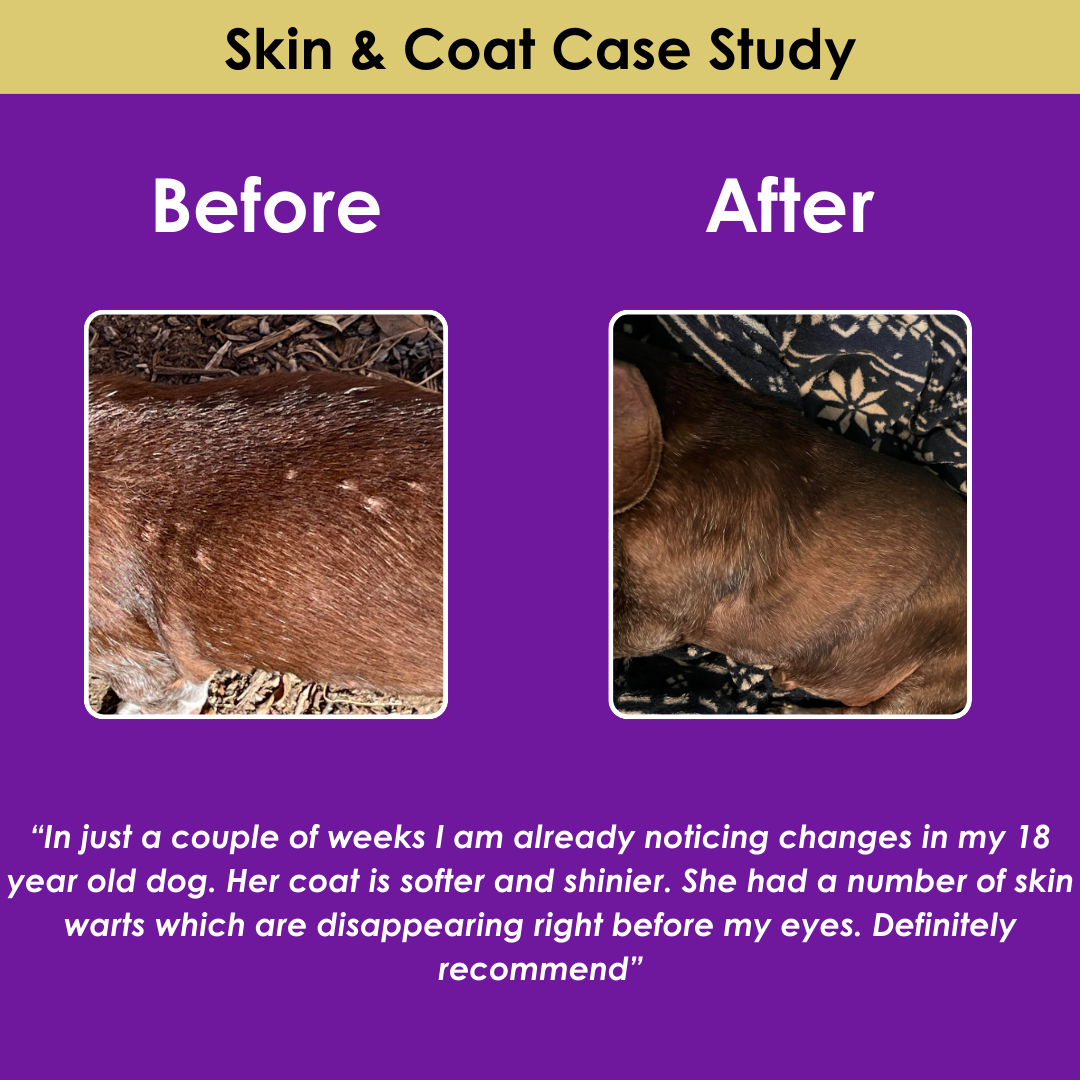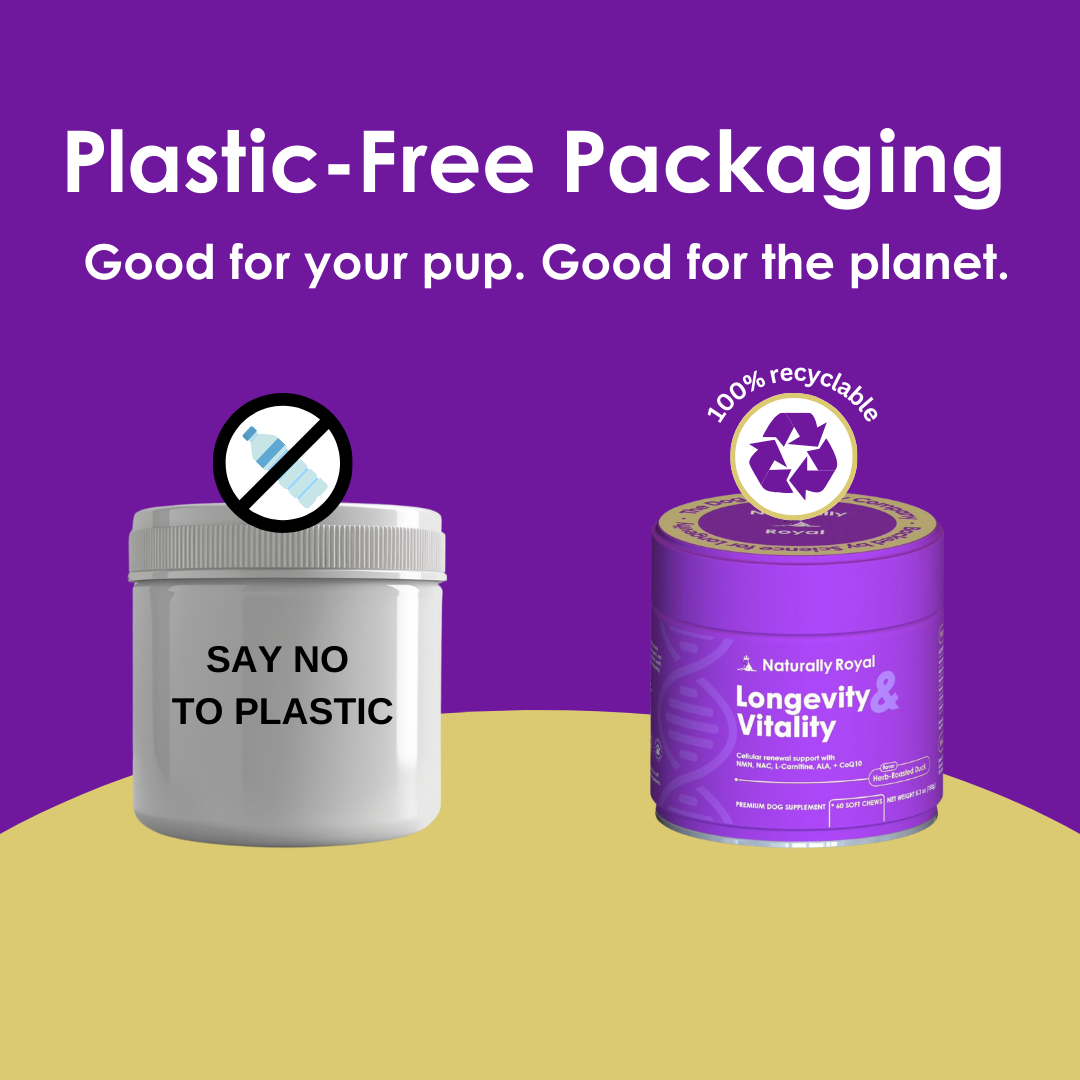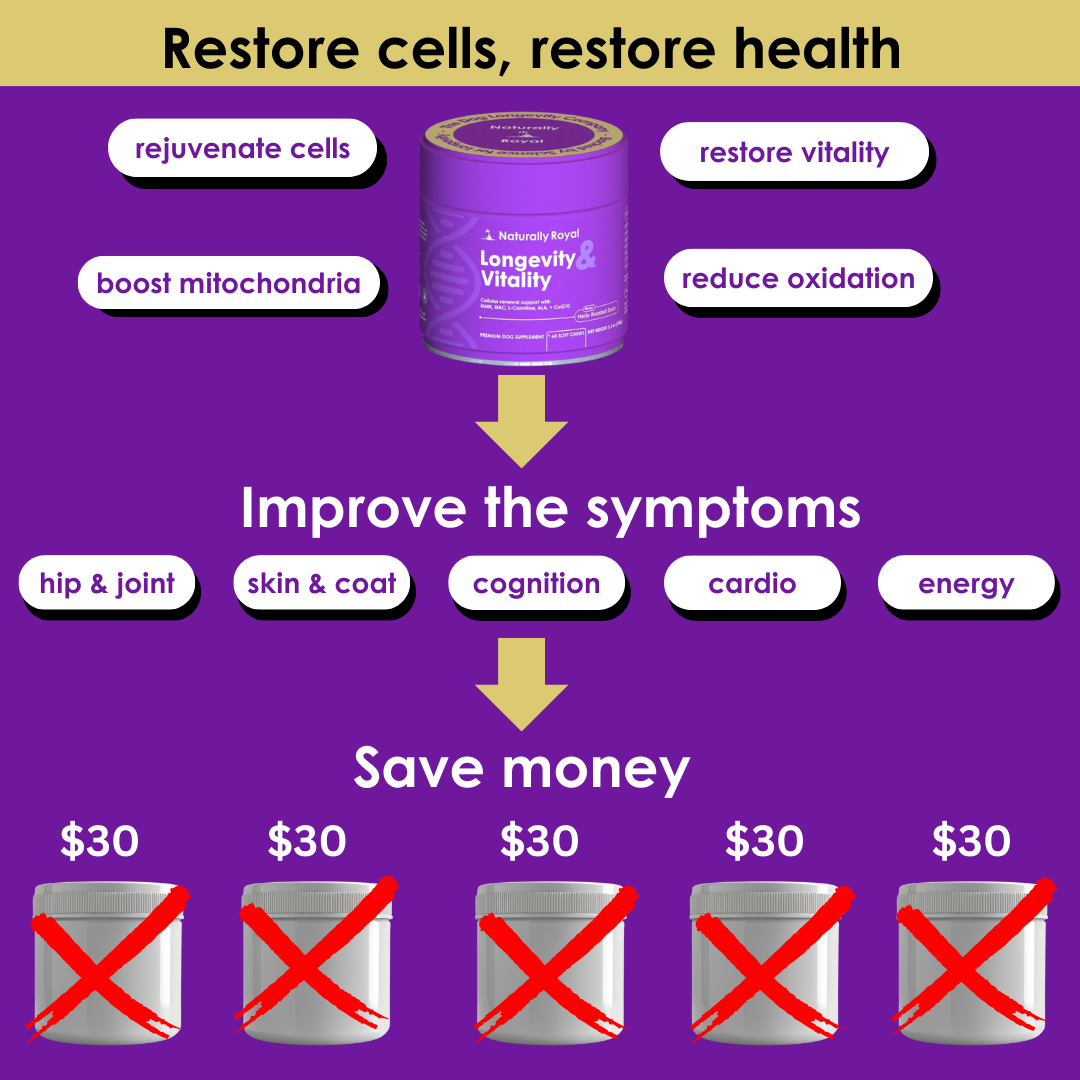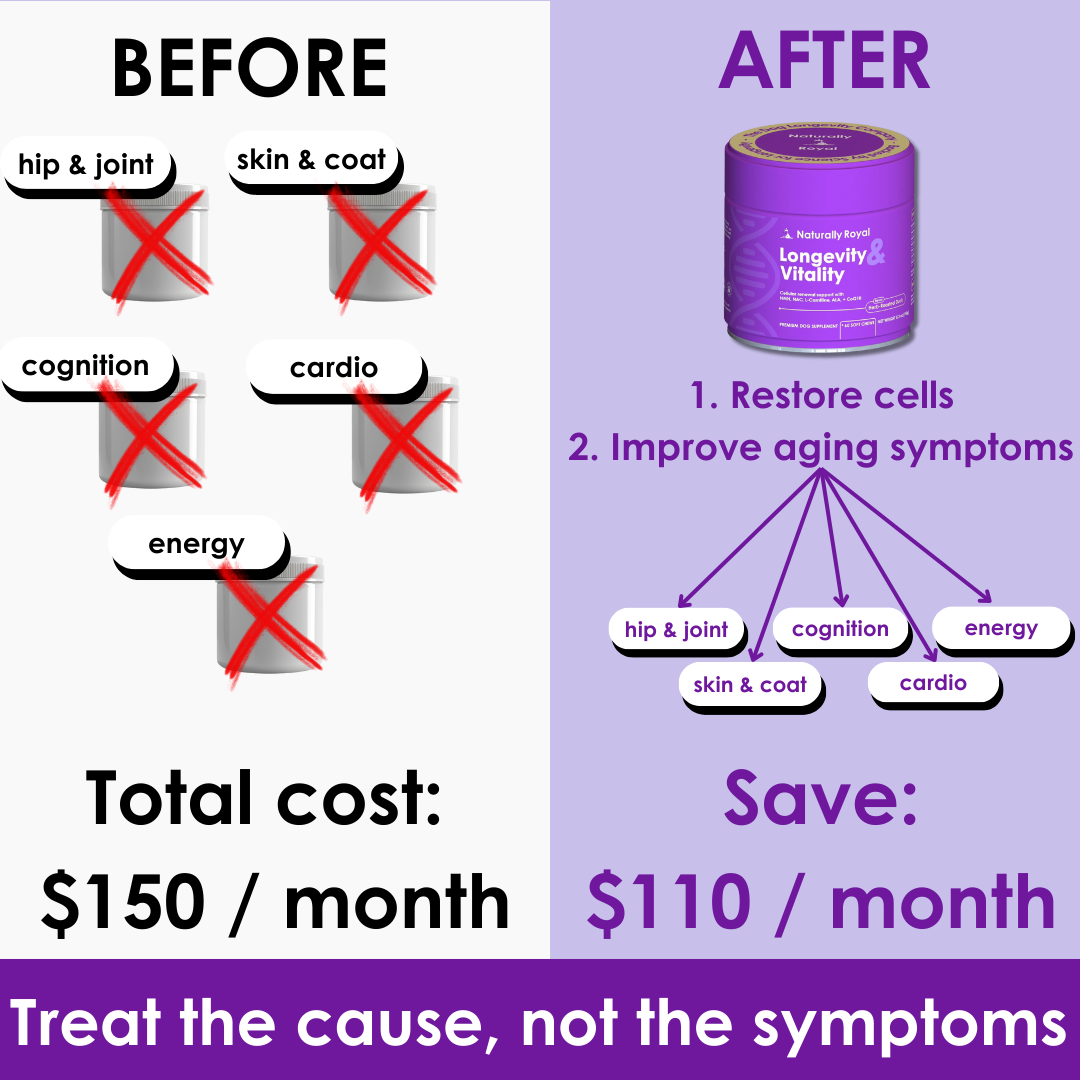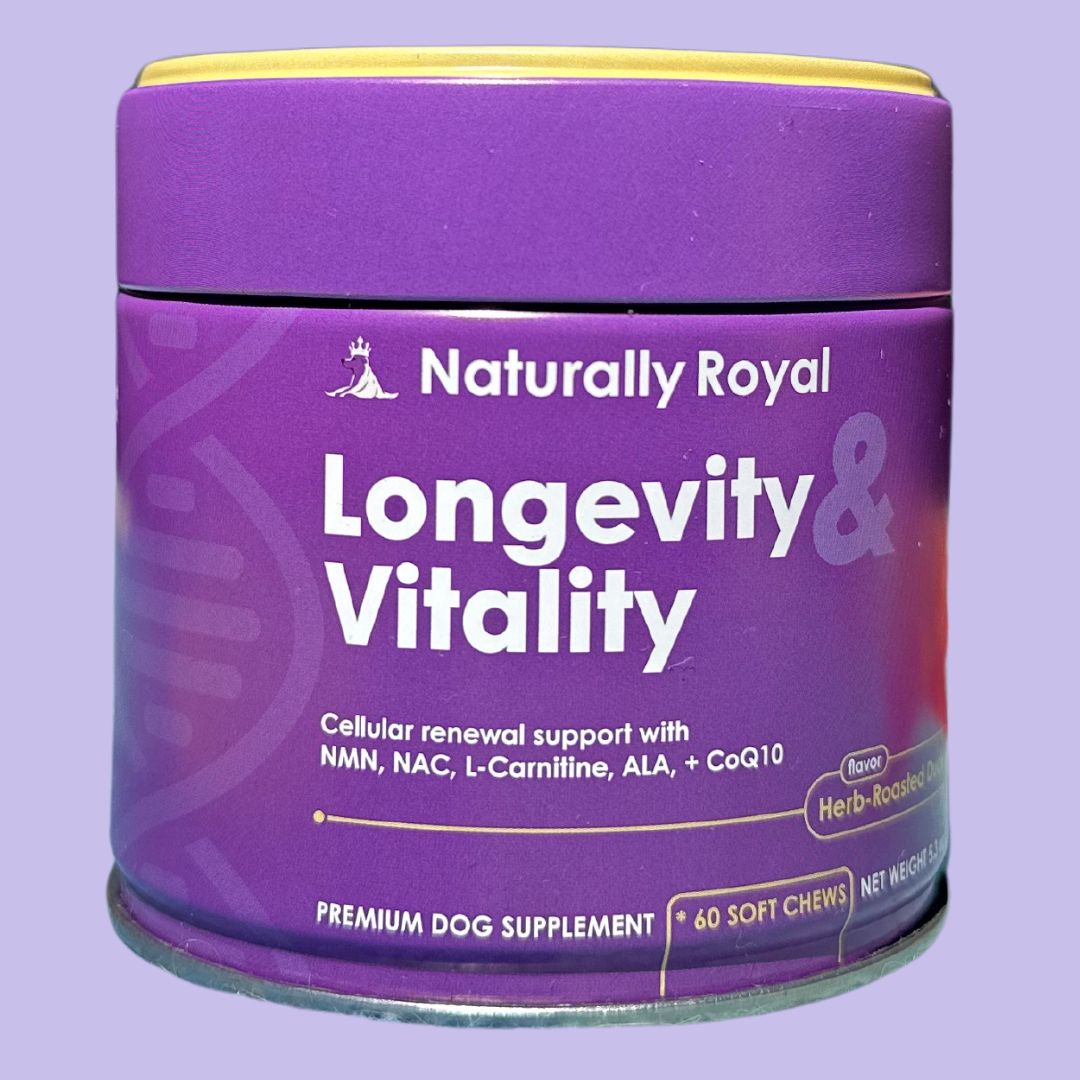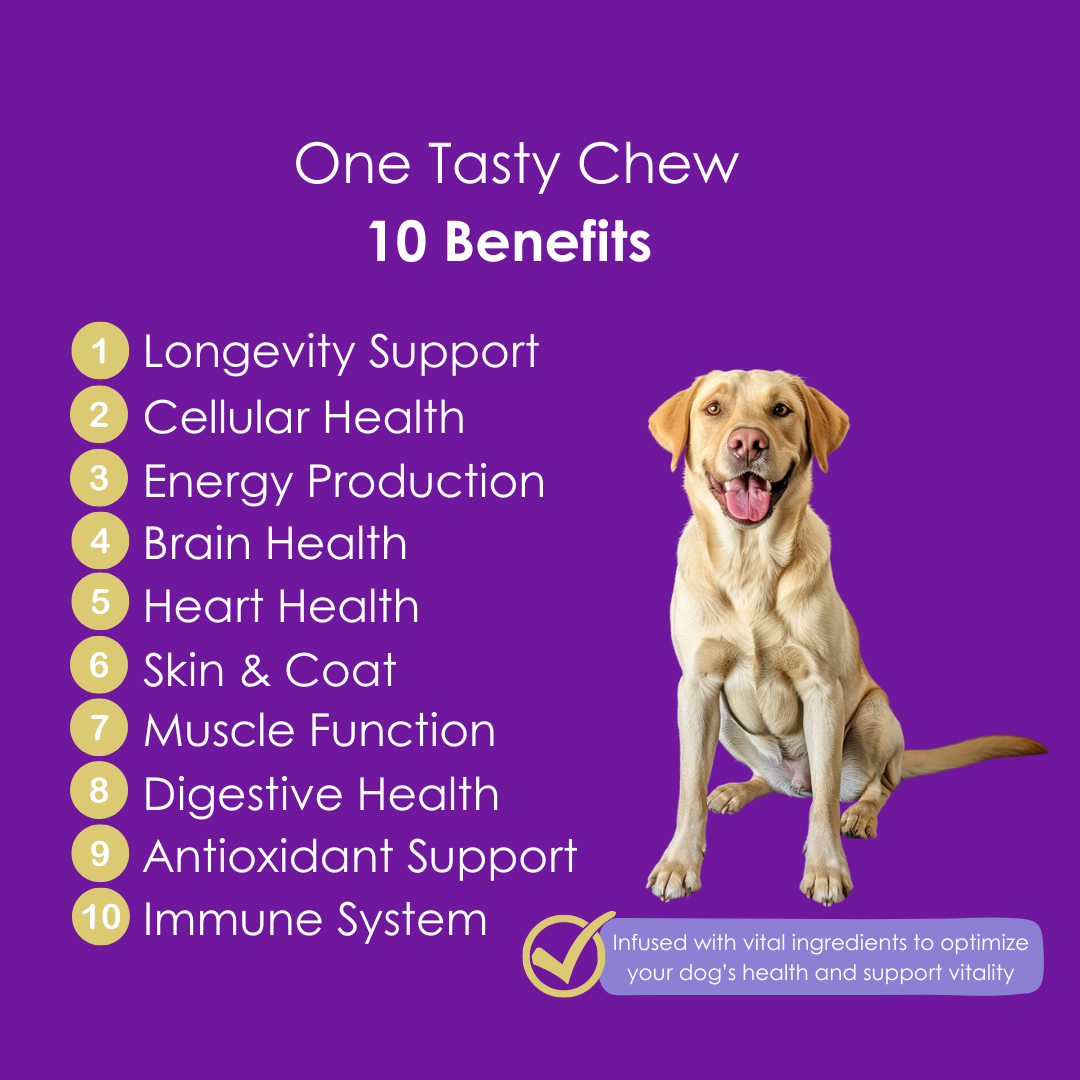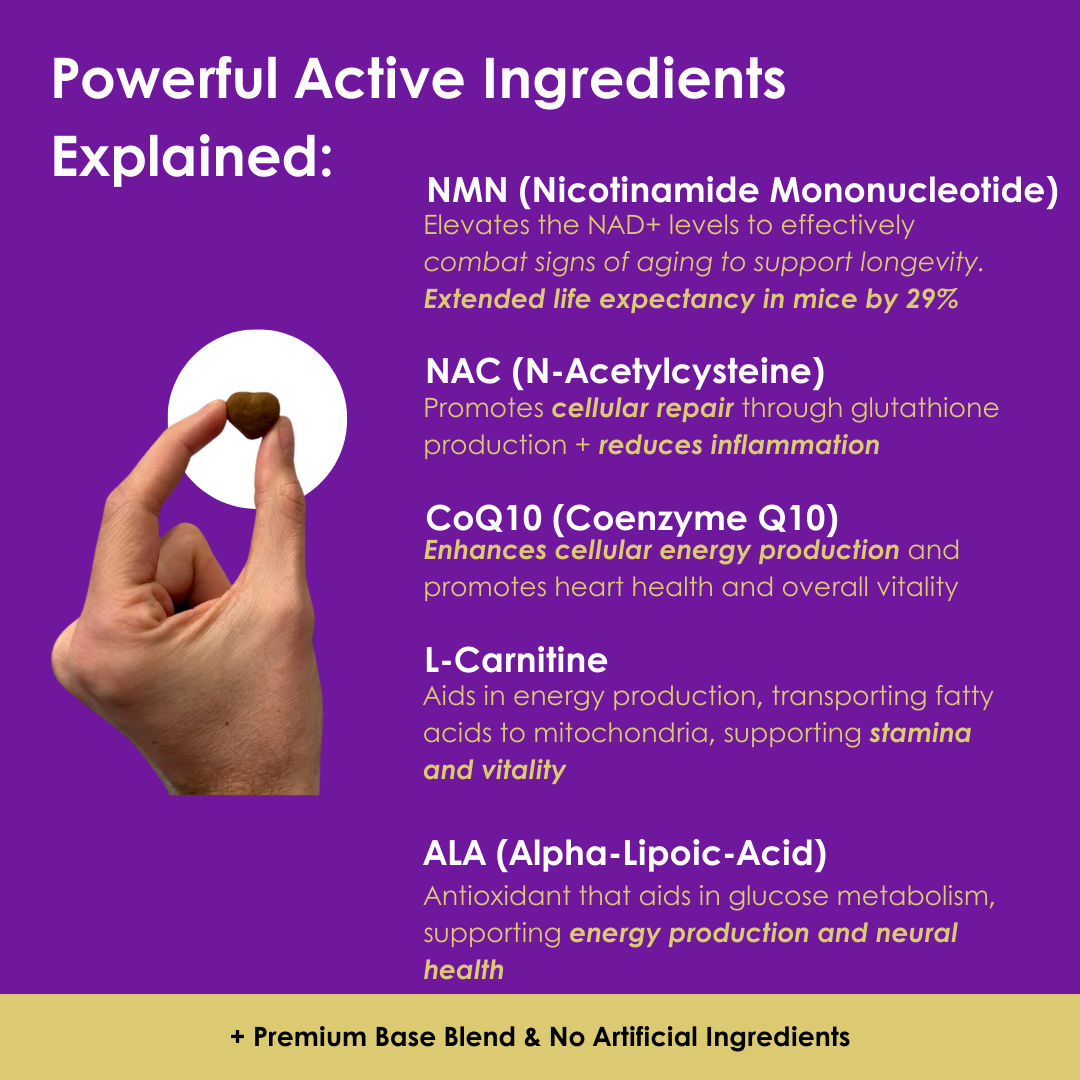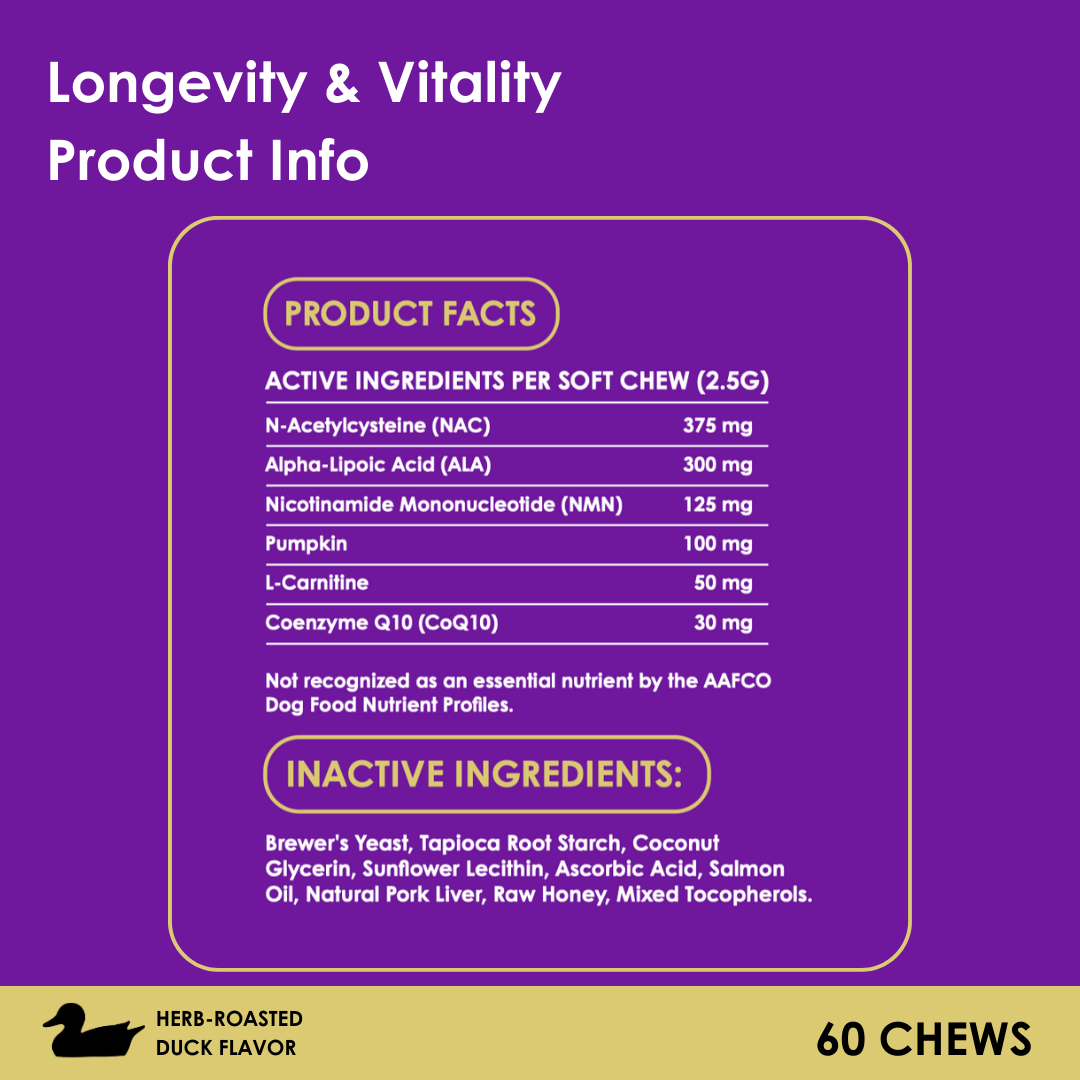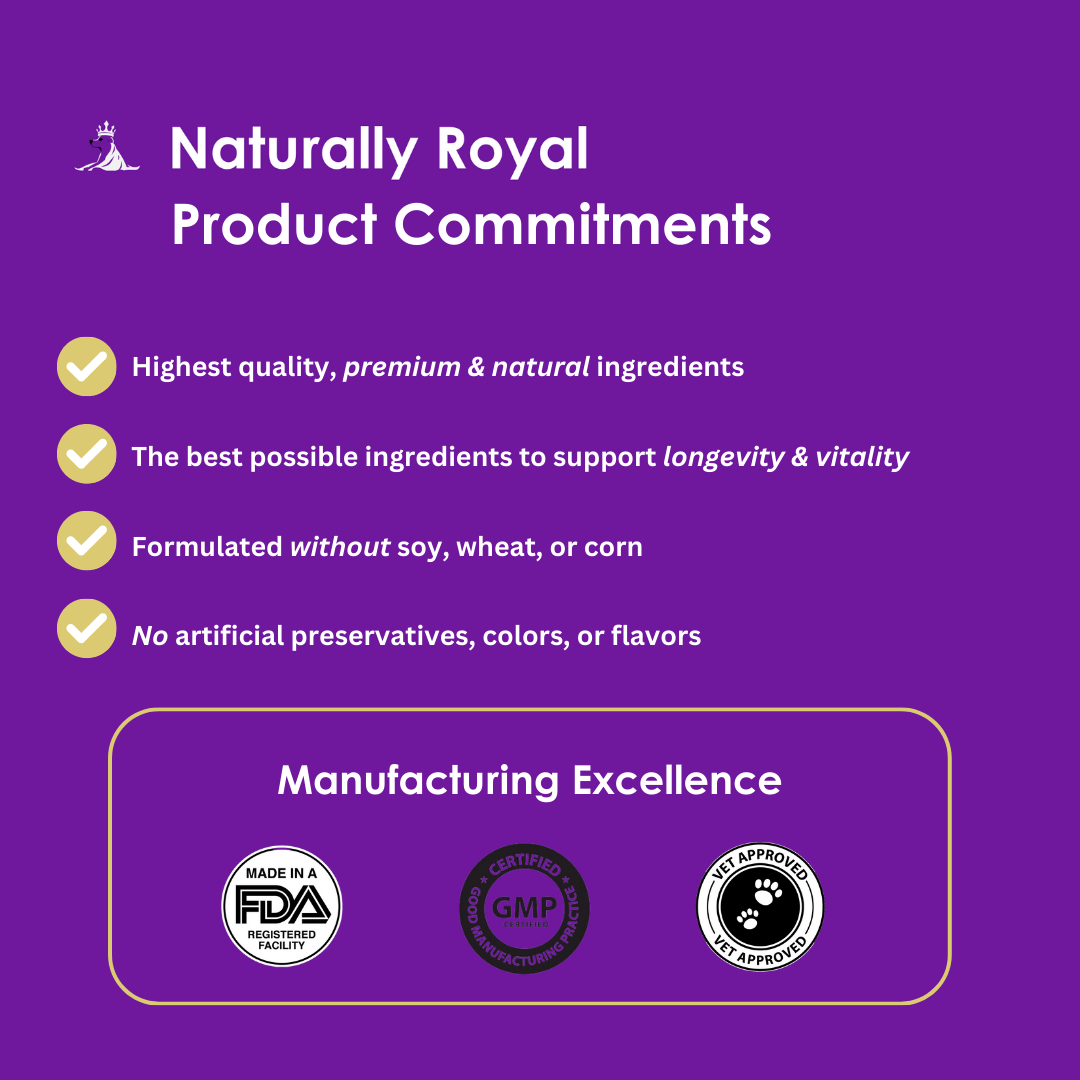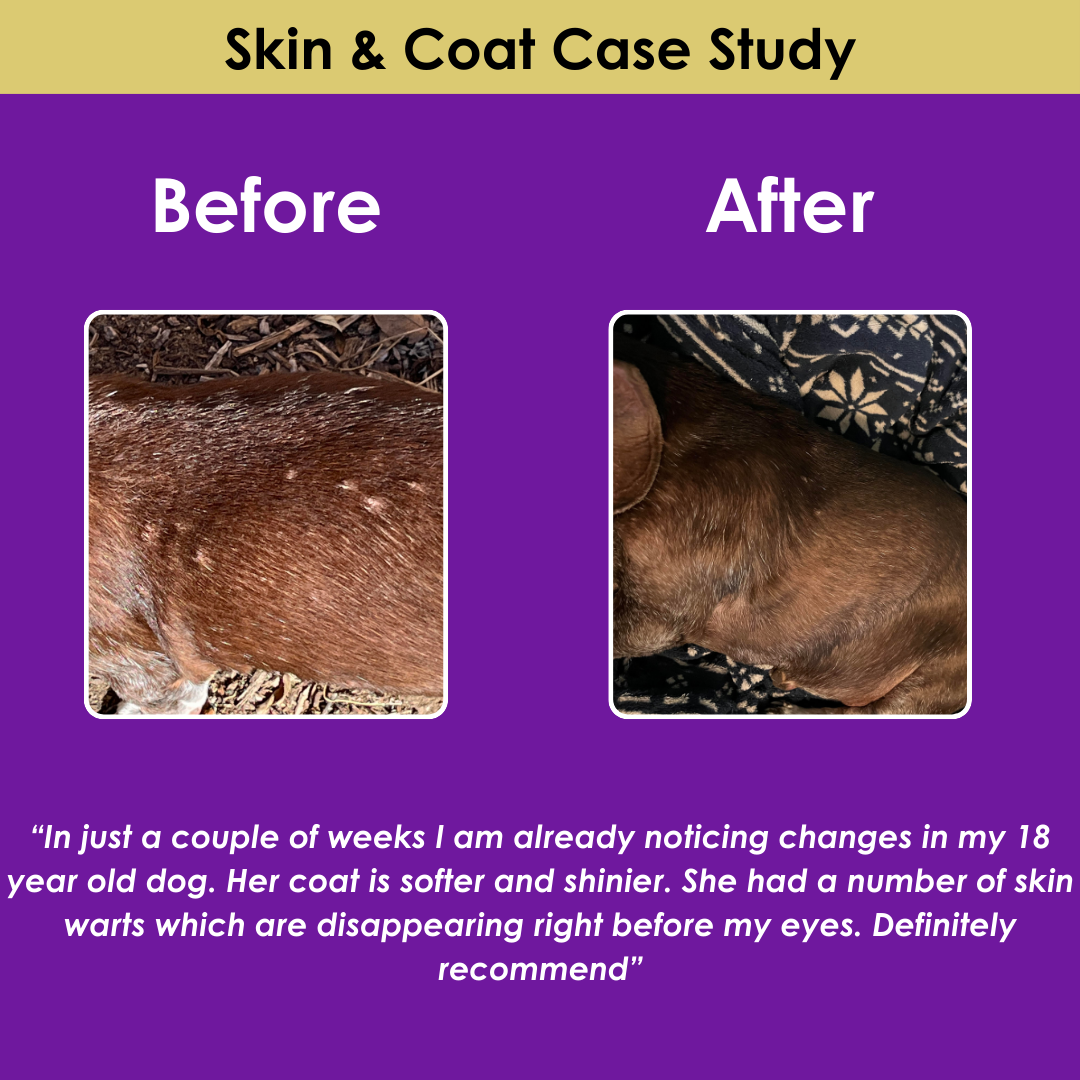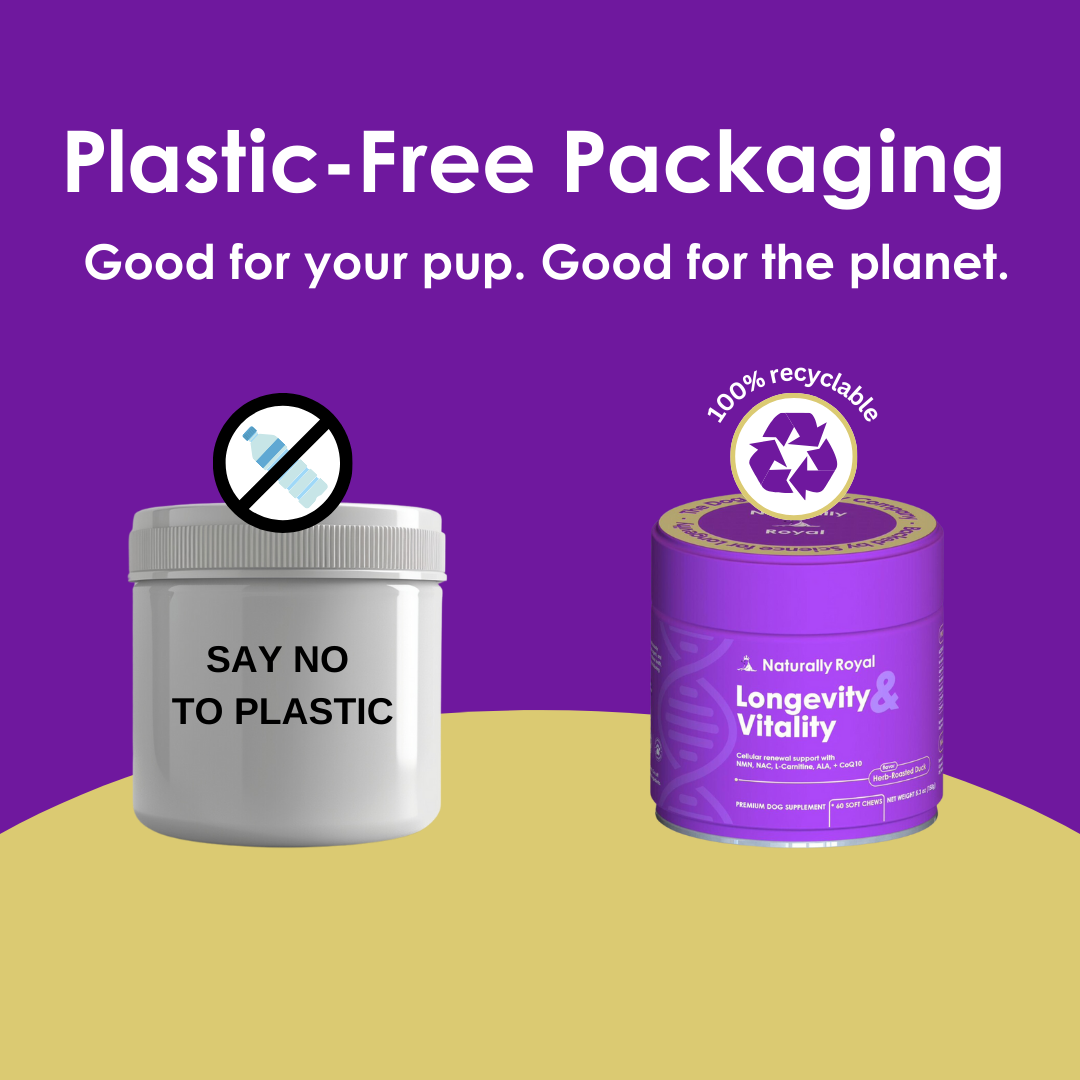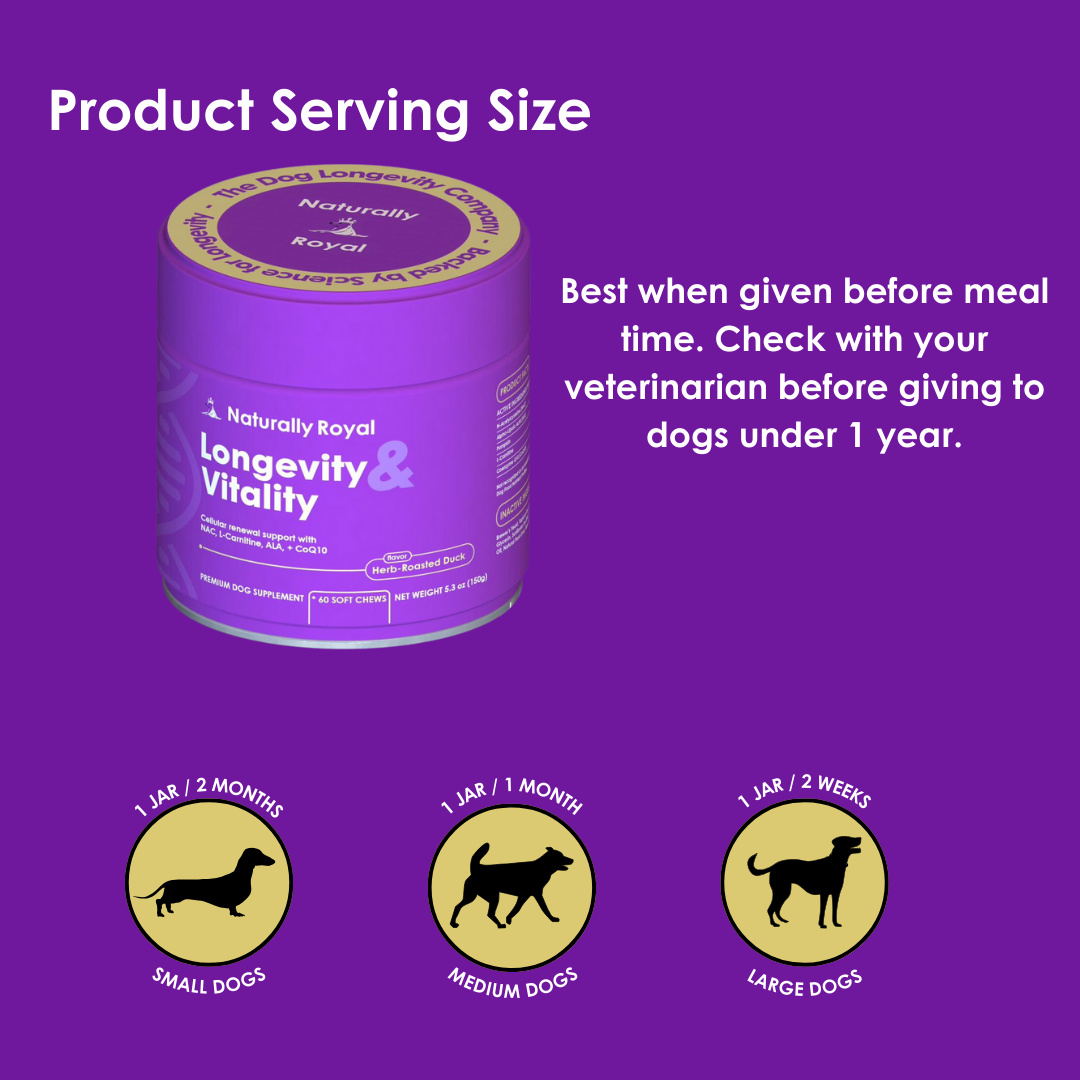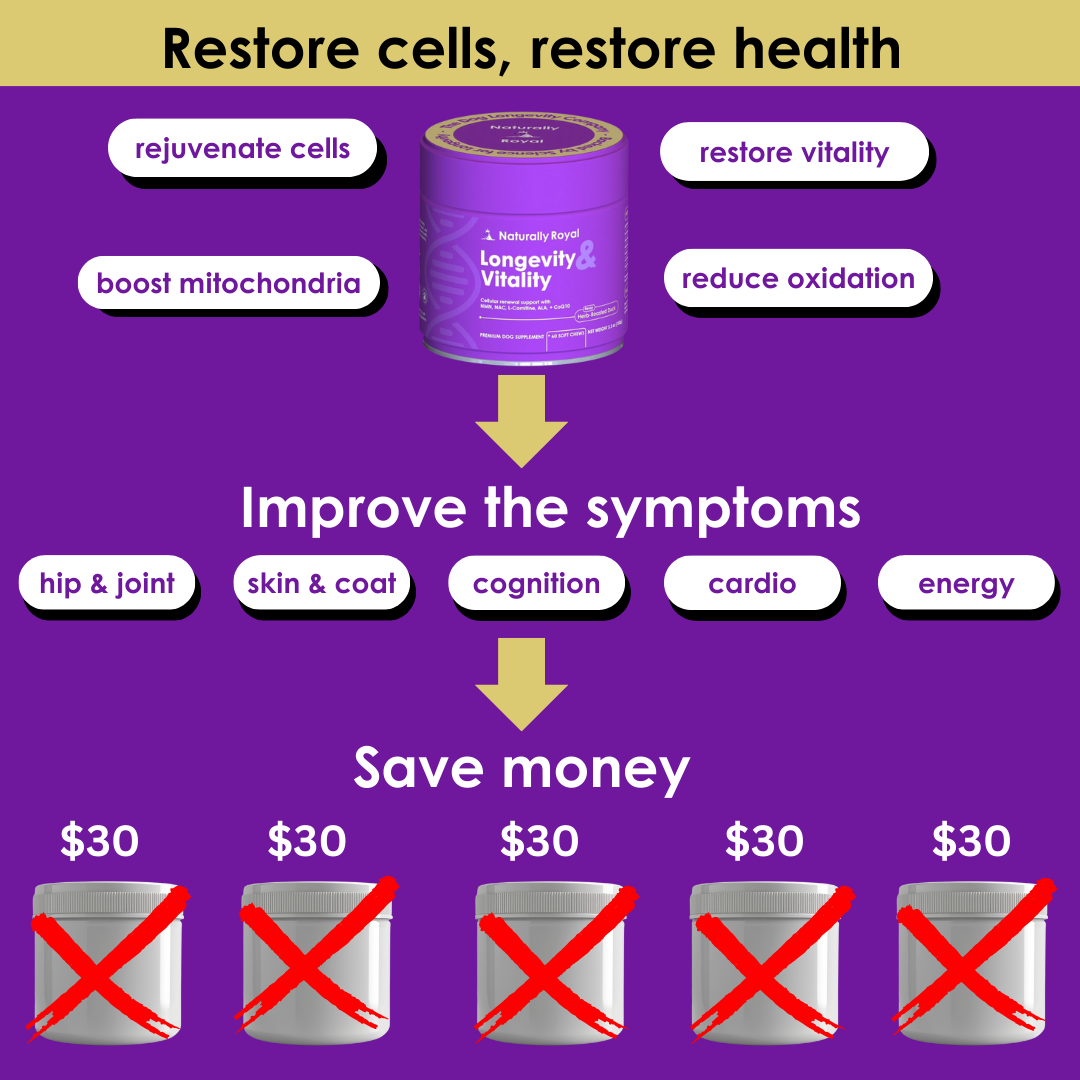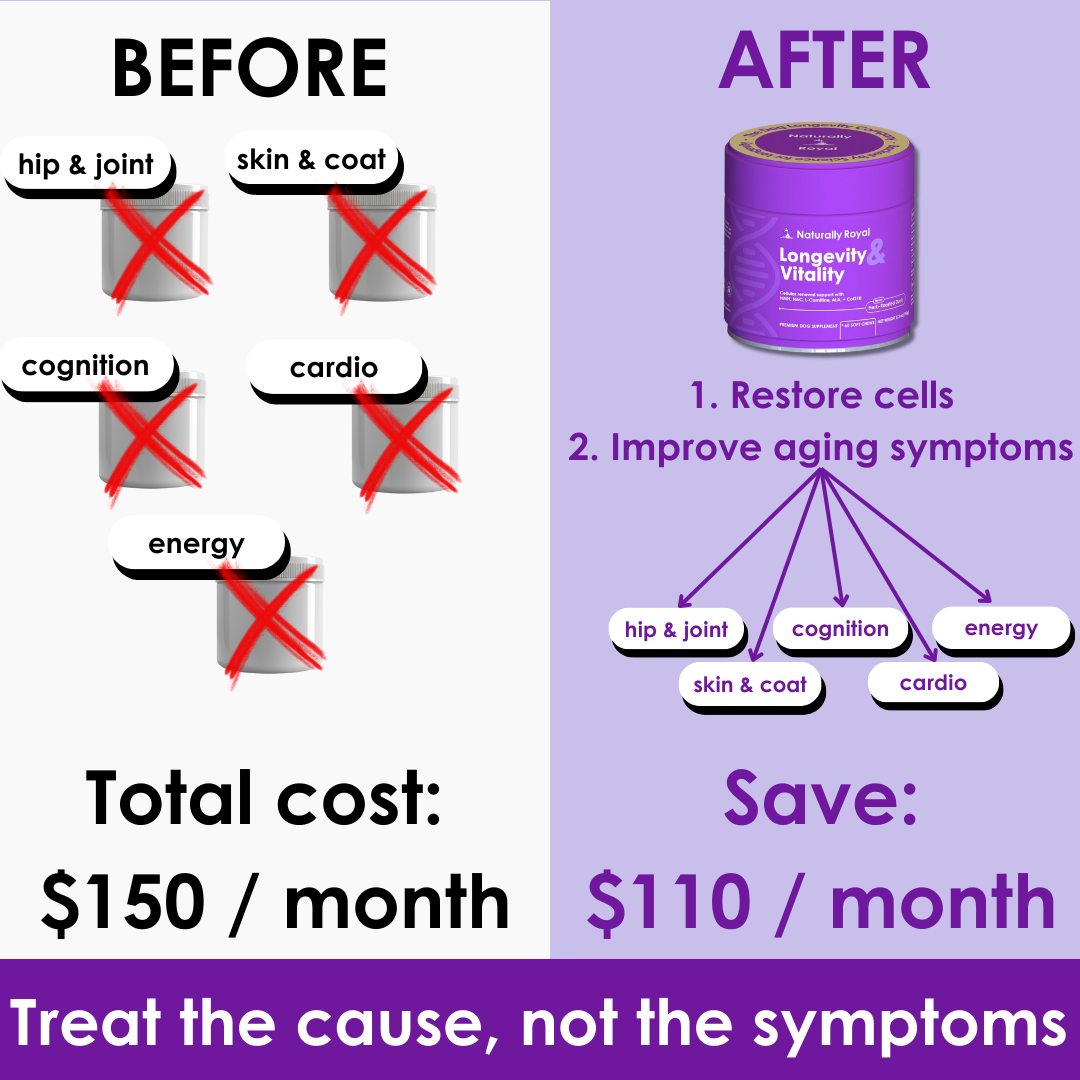Is My Dog Food Processed and Why Does It Matter?
When it comes to feeding, the quality and type of food we choose play a crucial role in their health and longevity. A term you might have heard in relation to human food is "processed," and the same applies to our dogs. Let's dive into what makes dog food processed, what ingredients are typically involved, and why it matters for your dog's health and lifespan.
What Makes Dog Food Processed?
Processed dog food refers to any food that has been altered from its natural state, typically through cooking, canning, freezing, or adding preservatives. This includes most commercial dog foods available on the market, such as kibble (dry food), canned wet food, and even some types of freeze-dried foods. The degree of processing can vary significantly from one product to another.
Common Ingredients in Processed Dog Food
Processed dog foods often contain a mix of the following:
-
Meat and Animal Derivatives: These can range from high-quality meats to by-products of the human food industry.
-
Grains and Carbohydrates: Including corn, wheat, soy, and rice, which serve as fillers and energy sources.
-
Preservatives: Chemicals added to extend shelf life, such as BHA, BHT, and ethoxyquin.
-
Artificial Colors and Flavors: Used to make the food more appealing to both pets and their owners.
-
Vitamins and Minerals: Added back in synthetic form to replace nutrients lost during the processing.
Health Ramifications of Processed Dog Food
While processed dog food can provide a balanced diet when formulated correctly, there are potential health ramifications associated with certain ingredients:
-
Obesity and Diabetes: High carbohydrate content, especially in lower-quality processed foods, can contribute to obesity and diabetes in dogs.
-
Allergies and Sensitivities: Some dogs may develop allergies or sensitivities to artificial ingredients, grains, or specific proteins found in processed foods.
-
Digestive Issues: Highly processed foods may lack the natural enzymes and microbiota beneficial for a dog's digestive health, potentially leading to gastrointestinal issues.
-
Long-term Health Risks: Preservatives and artificial ingredients have been linked to an increased risk of cancer and other diseases in dogs.
The Longevity Perspective
From a longevity standpoint, the quality of your dog's diet significantly impacts its healthspan—the portion of life spent in good health. A diet high in processed ingredients can predispose dogs to a range of health issues that could shorten their lifespan or diminish their quality of life. Conversely, diets that minimize heavily processed ingredients and prioritize high-quality, whole-food sources are likely to support better overall health and longevity.
Making Informed Choices
So, what can you do if you're concerned about processed dog food?
-
Read Labels Carefully: Look for foods with whole, identifiable ingredients and minimal artificial additives.
-
Consider Fresh or Less-Processed Options: Fresh, human-grade, and minimally processed dog foods are becoming more widely available and may offer better nutritional quality.
-
Consult Your Veterinarian: Especially if you're considering a significant diet change or if your dog has specific health needs.
While processed dog food is almost unavoidable, understanding the degree and type of processing can help you make better nutritional choices for your dog. Opting for higher-quality, minimally processed foods when possible can contribute to your dog's health and longevity, ensuring many happy years together. Remember, every dog is unique, so what works best can vary. Consulting with a veterinarian can help you tailor your approach to your dog's individual needs.


